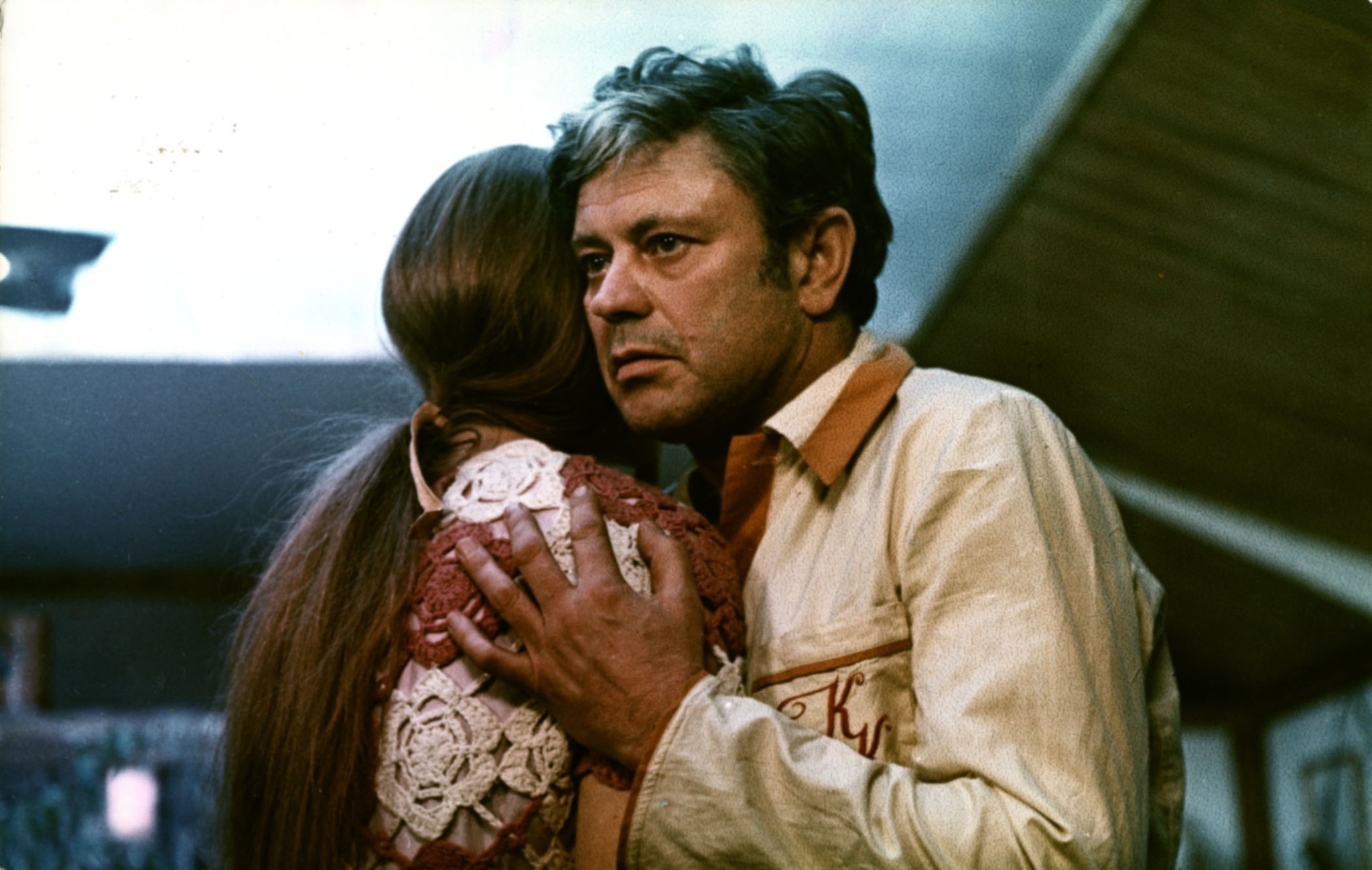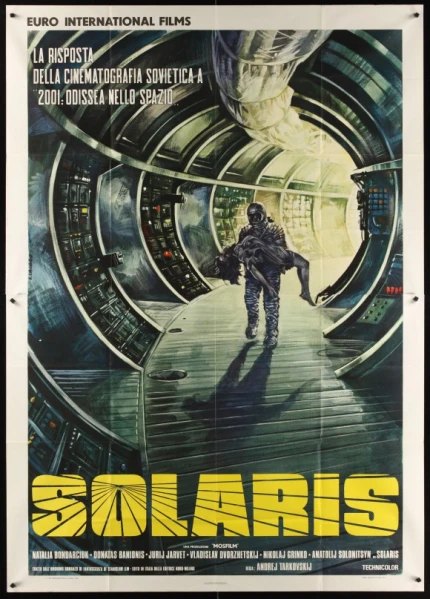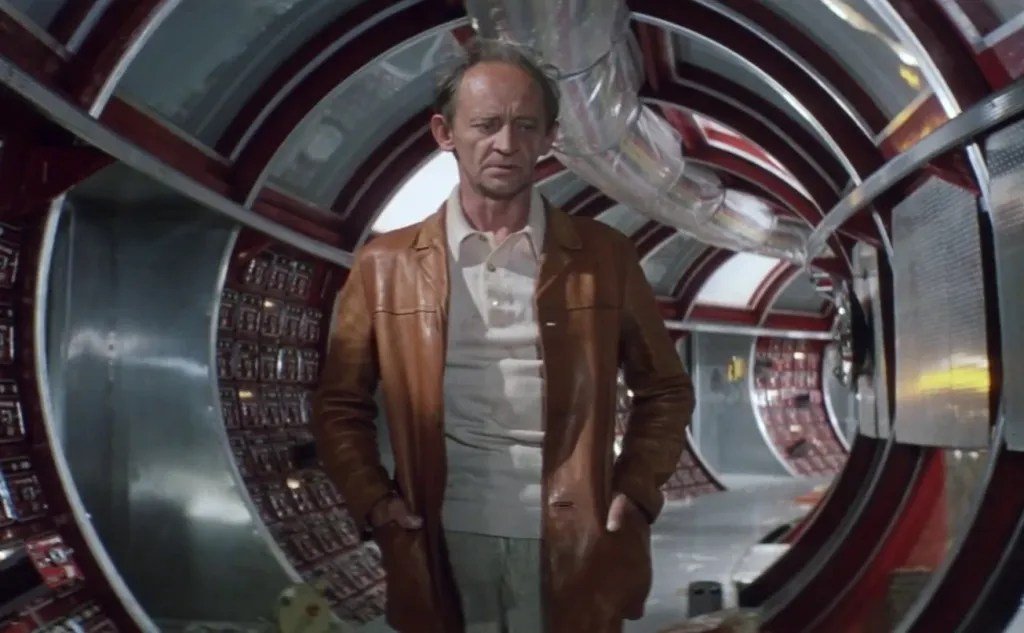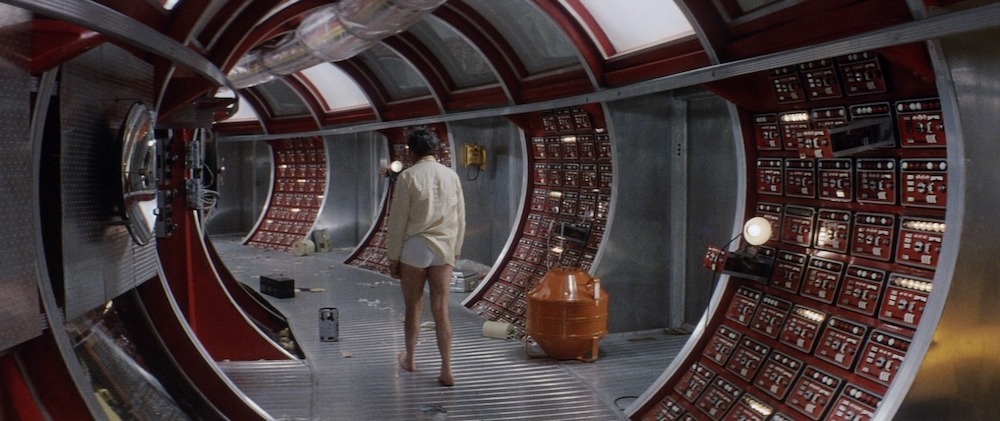Solaris (1972)

Solaris (1972) is a Soviet science fiction film directed by Andrei Tarkovsky, based on the 1961 novel of the same name by Stanisław Lem. The film stars Donatas Banionis, Natalya Bondarchuk, and Yuri Yarvet, and is widely regarded as a classic of the genre, known for its philosophical depth and existential themes.
The story is set in the distant future, where a psychologist named Kris Kelvin (Donatas Banionis) is sent to a space station orbiting the mysterious planet Solaris. The planet’s ocean is revealed to be a sentient entity that can materialize physical manifestations of the crew’s repressed memories and desires. These manifestations, known as “visitors,” are created from the deepest, most intimate thoughts of the crew members.


Upon arriving at the space station, Kelvin discovers that his fellow crew members have been deeply affected by these visitors, who have taken the forms of people from their pasts. These visitors are not merely illusions; they have a tangible presence and can interact with the crew in complex and often disturbing ways.
As Kelvin confronts his own visitor—a manifestation of his deceased wife, Hari (Natalya Bondarchuk)—he grapples with issues of memory, loss, and human consciousness. The film explores themes of love, grief, and the nature of reality, raising profound questions about the limits of human understanding and the ability to truly connect with others.



Solaris is known for its slow, meditative pace, and Tarkovsky’s contemplative direction. The film’s use of long takes, minimalistic dialogue, and a hauntingly atmospheric score by Eduard Artemyev contribute to its unique and thought-provoking narrative style.
The film received acclaim for its philosophical and psychological depth, and it remains a seminal work in science fiction cinema, influencing many subsequent films and directors. Solaris challenges viewers to reflect on the nature of human experience and the search for meaning in an often incomprehensible universe.











